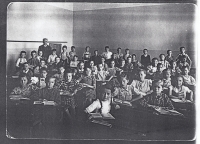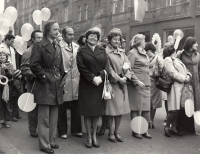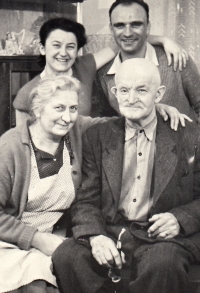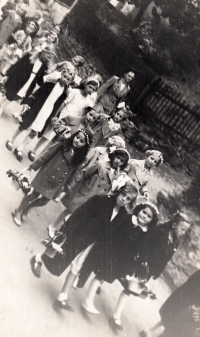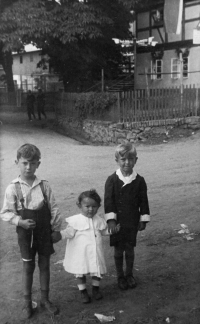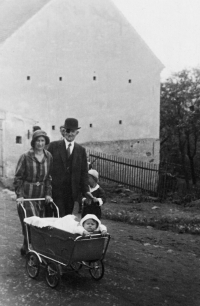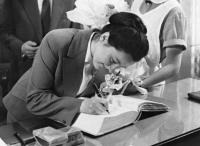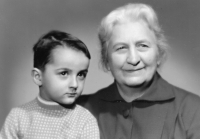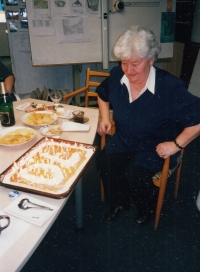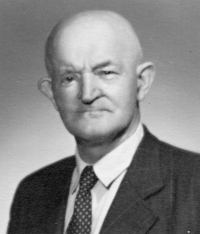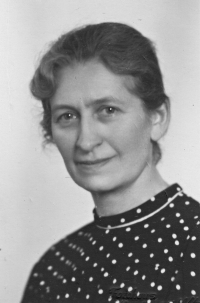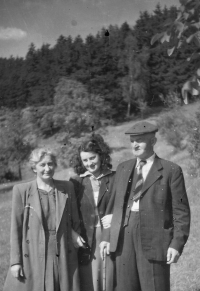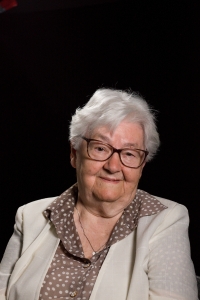She ran through the forest to escape the bombs, hiding from Soviet soldiers in the attic

Stáhnout obrázek
Růžena Št‘astná, née Götzová, was born on 14 March 1932 in Skorotice near Ústí nad Labem. Her mother was Czech, her father was of German nationality, but came from a mixed Czech-German marriage. At the end of the 1930s there were only five Czech families living in Skorotice. After the occupation of the Sudetenland no one left the village. Her father did not enlist in the German army because he was weak at heart. The witness remembers the air raids on Ústí nad Labem and Dresden. When the Soviet army arrived, the family hid for five days in the attic of the house where they lived. After the war, the Czechs confiscated their apartment and took them to the interior, where the family worked on a farm for less than a year. Then they were taken to Skorotice again, the witness does not know why. They did not get their original apartment back. The witness did not finish the burgher school, and in 1948 she started working in a clothing store. She remained in the nationalised business until 1990, when she retired. She recalls the post-1968 background checks and mentions how they went to part-time jobs for fear that their son would get into college. She and her husband were never in any political party. In 2023, she was living in Ústí nad Labem. We were able to record the story of the witness thanks to support from the Ústí region.
